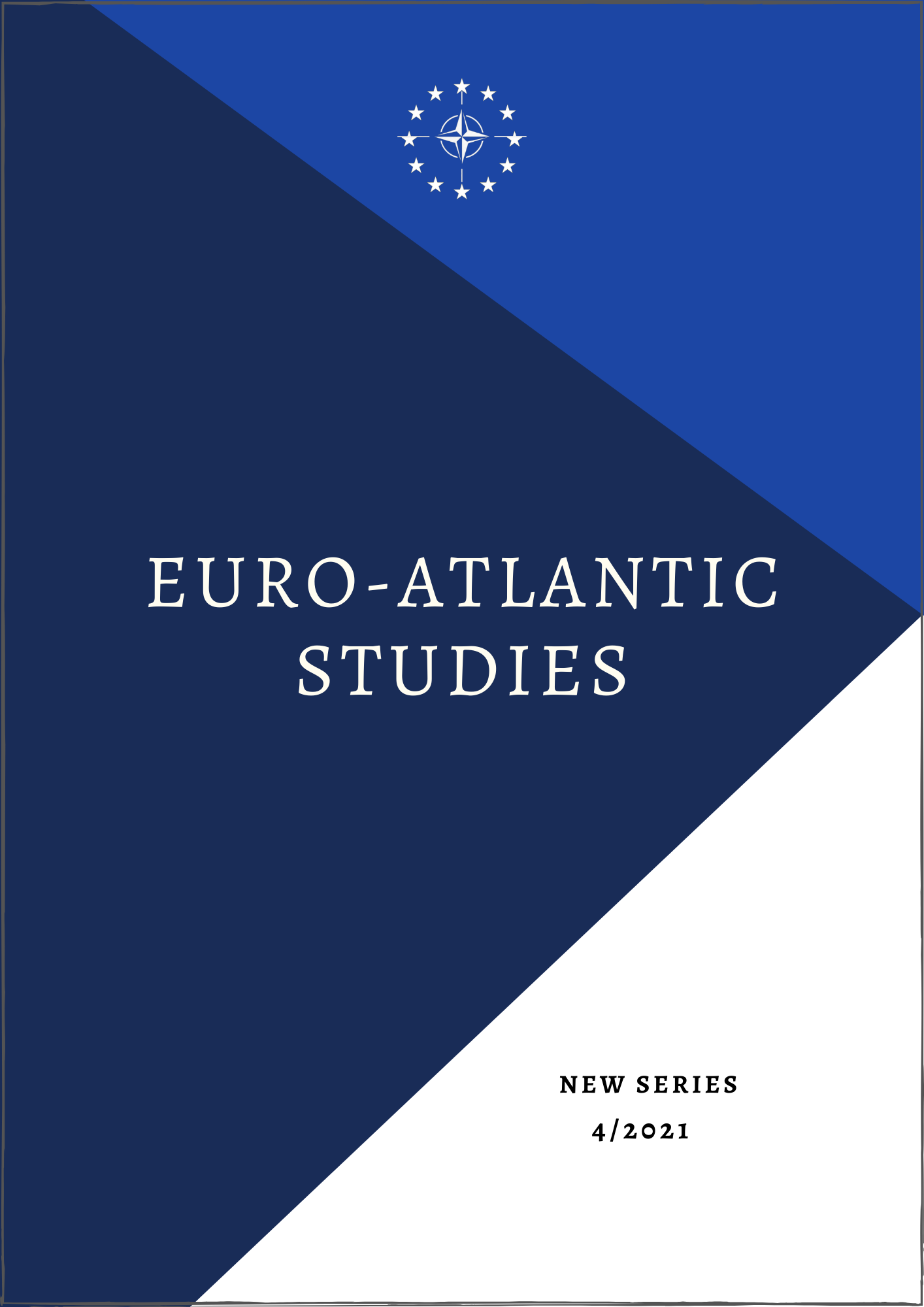Between a Custom War and the Magyarization process in Transylvania: Romania’s tense relations with Austria-Hungary and their impact on the renewal of their alliance
Between a Custom War and the Magyarization process in Transylvania: Romania’s tense relations with Austria-Hungary and their impact on the renewal of their alliance
Author(s): Adina PinteaSubject(s): History, Diplomatic history, Security and defense, 19th Century
Published by: Editura Universităţii din Bucureşti
Keywords: Romania; Transylvania; Dual Monarchy; the Great Powers; the Central Powers;
Summary/Abstract: Relying on the new realities following the Treaty of Berlin (1878), Romania wished to secure its newly-won independence and consolidate its national security. Knowing the evolution of Germany under Bismarck, and being aware of the danger represented by Russia and its Balkan ambitions, Romania concluded that an alliance with the Central Powers was a necessity. This alliance, however, couldn’t be signed directly with Germany, as the Romanian leaders wished, but the treaty had to be signed with Austria-Hungary, with whom Romania didn’t have very good diplomatic relations. After the treaty was signed and Romania became part of the Central Powers alliance, the already strained relations with the Dual Monarchy worsened. Two important reasons for this were the customs war of 1886-1891 and the growing Romanian national movement in Transylvania. This paper will analyze the cumulative effects which these two actions had on Romania’s decision to renew the treaty with the Central Powers in 1892.
Journal: Euro-Atlantic Studies
- Issue Year: 2021
- Issue No: 4
- Page Range: 7-35
- Page Count: 29
- Language: English

